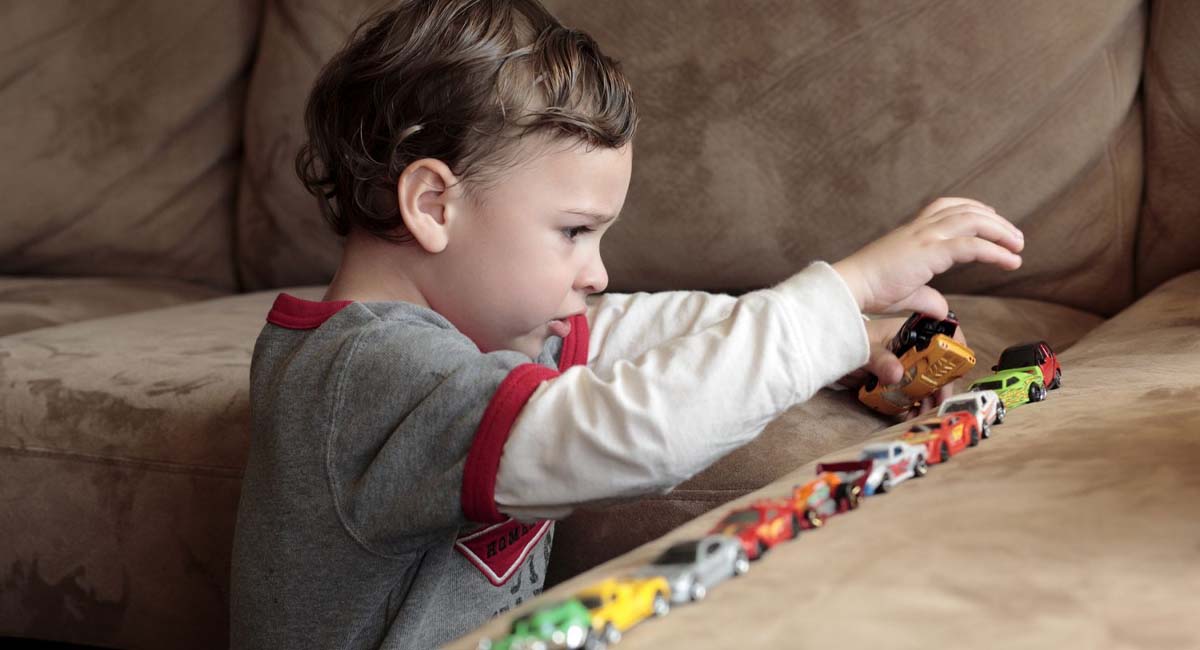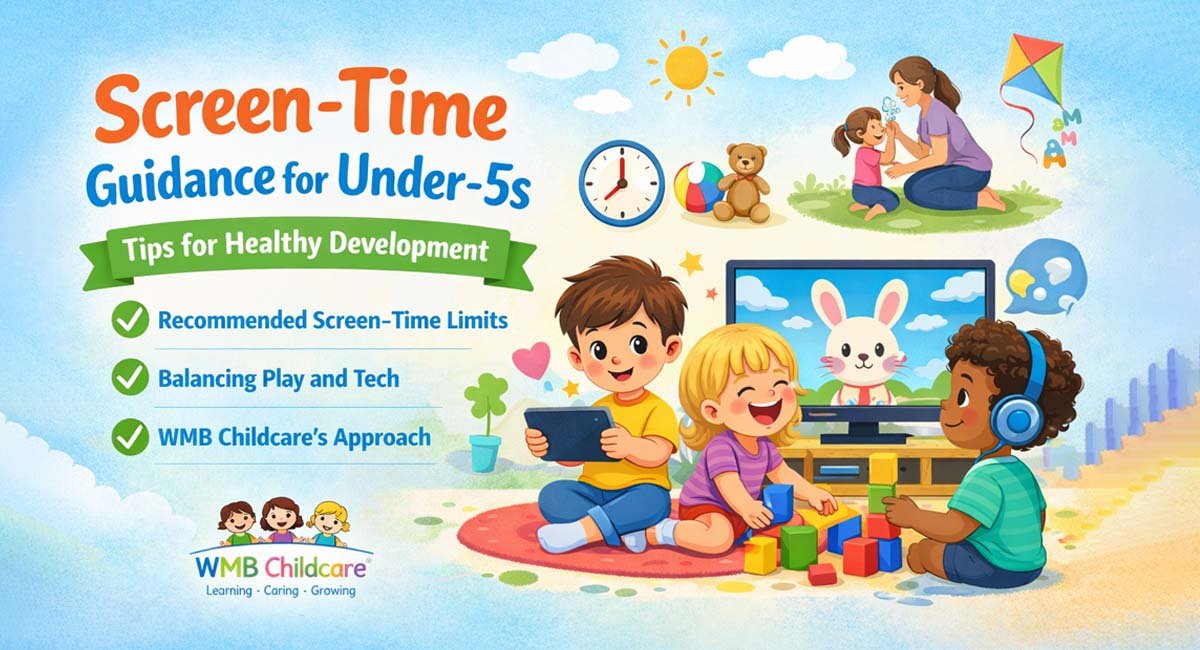Understanding and Supporting Repetitive Behaviours in Children
Introduction
Repetitive behaviours in children, often a source of concern for parents, are a natural aspect of development. It’s essential to approach these behaviours with understanding and patience, recognizing that they may serve various purposes and not necessarily indicate a problem. In this blog, we’ll explore ways parents can better comprehend and support their child’s repetitive play or movements.
1. Observation is Key:
Paying close attention to your child’s repetitive behaviours is the first step. Understanding the context, identifying triggers, and noting when and where these behaviours are more frequent can provide valuable insights.
2. Stay Calm and Patient:
Reacting negatively to repetitive behaviours can cause unnecessary stress for your child. Instead, respond with calmness and patience, offering comfort and reassurance. This approach fosters a supportive environment.
3. Seek Professional Guidance:
If concerns persist or intensify, seeking guidance from a paediatrician or child psychologist is crucial. These professionals can help determine whether the behaviours are within the typical range of development or if further evaluation is needed.
4. Consider Sensory Needs:
Repetitive behaviours often fulfill sensory needs or aid in self-regulation. Understanding your child’s sensory preferences is vital in managing these behaviours. Providing appropriate sensory outlets can be beneficial.
5. Offer Alternative Outlets:
Encouraging your child to engage in alternative activities or providing outlets for their repetitive behaviours is constructive. Introduce activities aligned with their interests, such as arts and crafts, as a positive alternative.
6. Create a Structured Environment:
Establishing a structured daily routine provides a sense of security for children, potentially reducing anxiety that may contribute to repetitive behaviours. Consistency in daily activities fosters a reassuring environment.
7. Encourage Communication:
Teaching your child alternative ways to express feelings and needs is essential. Foster verbal communication and provide a safe space for them to communicate, reducing the reliance on repetitive behaviours as a means of expression.
8. Promote Social Interaction
Encourage your child to participate in social activities. Engaging with peers can redirect their focus, reducing repetitive behaviours as they become more immersed in interactive play and communication.
Conclusion
Repetitive behaviours in children are multifaceted, and addressing them requires a combination of understanding, patience, and, when necessary, professional guidance. By observing, staying calm, considering sensory needs, offering alternatives, creating a structured environment, encouraging communication, and promoting social interaction, parents can support their child’s development and well-being while effectively addressing any concerns that may arise.







